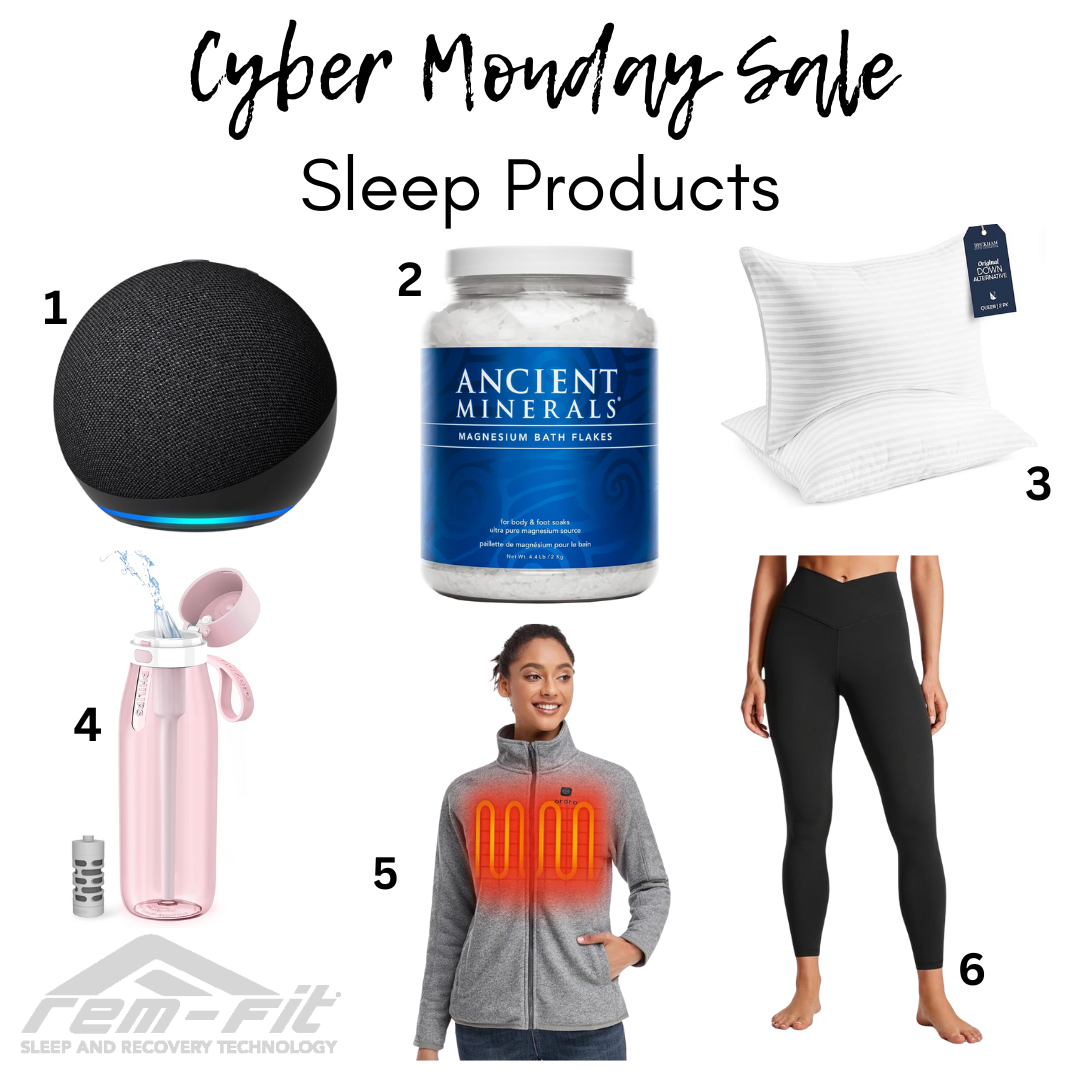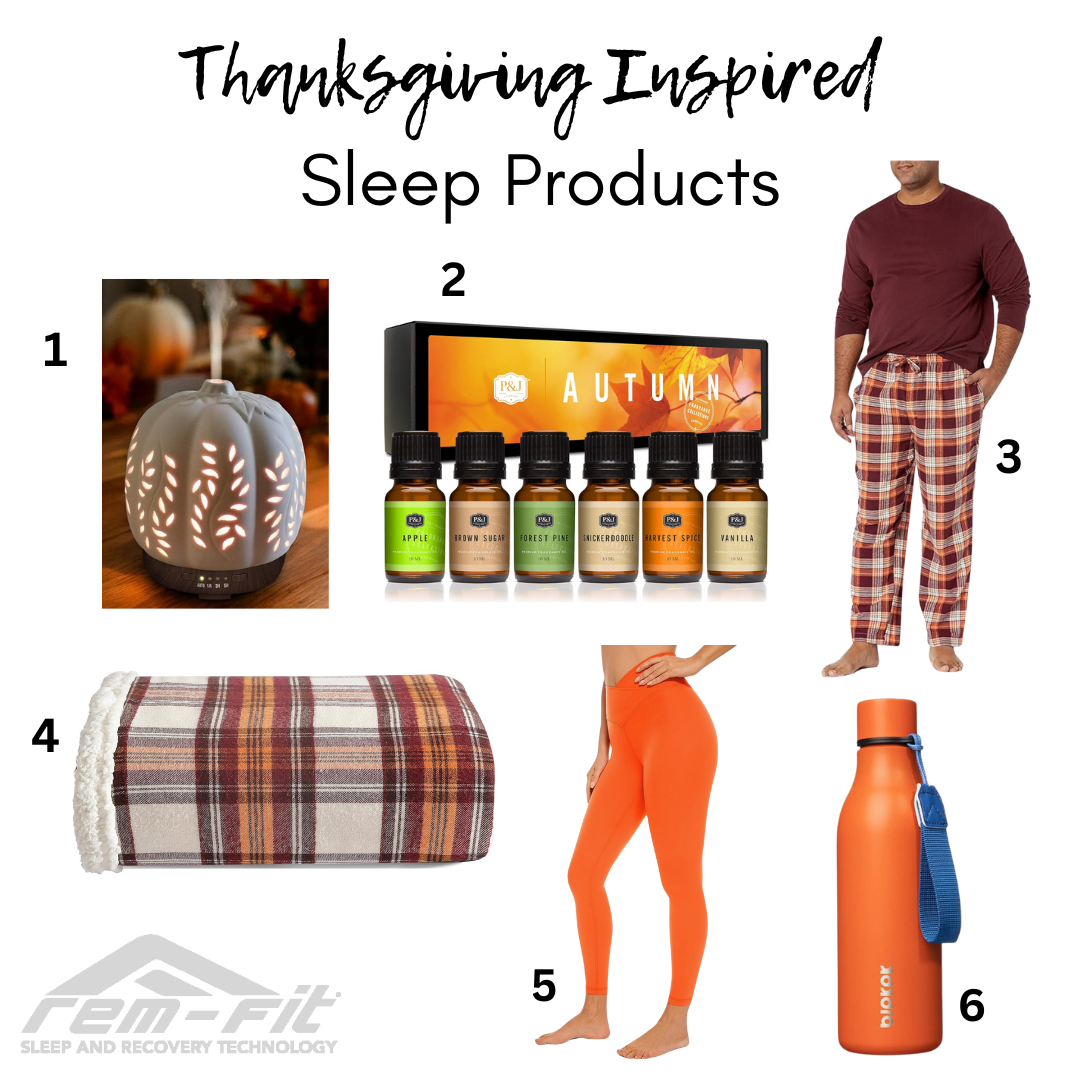
Hack Your Sleep: Get more done, recover faster and live longer
It’s a mystery we have to hack our sleep. Sleep, after all, predates modern civilization. It’s one of the most innate parts of being human. Why do we insist on devaluing its worth by constantly moaning about lack of hours in the day? Get more done, recover faster, and live longer (and healthier) by prioritizing sleep rather than trying to cut it short.
How sleep can improve your performance
Rather than reach solemnly for your morning cup of coffee before even starting your day, getting enough sleep changes your outlook and productivity throughout the day. It’s not just anecdotal - study at Stanford tracked basketball players and their free throw percentage with sleep withdrawal and proper sleep. Free throw percentage skyrocketed with 7-9 hours of quality sleep before practice. But you don’t have to be an athlete or weekend warrior to reap the benefits of sleep.
Sleep helps code your long-term memory so that you can turn profits in sales or recall important information for your dissertation. REM and slow wave sleep especially improve learning as well as launch restorative metabolic processes. If you’ve had a hard workout or day at the office, getting enough sleep is critical to bouncing back the next day.
Boost with pre-sleep ritual
It shouldn’t be actively a chore to fall and stay asleep. But for all of the chaos of our lives, the curse of tossing and turning is real. Much like you practice good hygiene by showering and brushing your teeth, developing a pre-sleep ritual can boost your sleep health.
Rituals, such as mindfulness meditation or consistent routine, reduce anxiety and help your brain enter a calmer state. You can train your body that it’s time to wind down by building positive sleep habits. Curate your own pre-bed routine, but here are some suggestions:
- Shutting down electronics an hour before bed
- Adding a lavender spray or candle
- Using your bed only for sleep
- Drinking some calming tea
- Meditating/praying
Improve with supplements
In addition to drinking some night time tea, certain supplements help you fall and stay asleep. Two in particular - melatonin and ZMA - famously make you sleep like a baby.
Melatonin is naturally produced in the human body to induce drowsiness alongside bedtime. However, it’s secretion is limited by light exposure and other aspects of modern life. Exogenous melatonin has become popularized as an anecdote to poor sleep onset. In healthy individuals, melatonin increased total sleeping hours and sleep quality, as well as decreasing time to doze off. Usually, 3-5 mg will do the trick, depending on your age, weight, and prior use.
ZMA stands for zinc, magnesium, and vitamin B6 (aspartate). These three micronutrients assist in immune system function, muscle relaxation, and maintaining healthy blood, nervous, and muscle cells. respectively. Zinc has a calming, anti-depressant/anti-anxiety effect. Vitamin B6 has been shown to increase vivid dreams during REM sleep, which be due to its role in converting tryptophan to serotonin. Magnesium shows promising results in relaxing your muscles and nerves so they can take a night off. Combined, their synergistic effects create a sleep concoction perfect for bedtime.
Optimize the temperature
Cooler temps are best for a good night’s rest. Much like Goldilocks, too hot makes you uncomfortable, sweaty, and out of slow wave, deep sleep. Too cold, however, can keep you from getting comfortable enough to fall asleep. Find the temperature that’s just right, usually somewhere around 65 degrees F. If you’ve got a family that can’t stand a cold house, a cooling mattress or pillow changes your core body temperature without disrupting the house.
Eliminate light (even on the skin)
The technology you’re reading this on emits blue light - the very same wavelength that casts dawn upon the morning. As such, it’s a natural alarm clock. But trying to sleep with all of this light in your face? That’s like trying to get good sleep while repetitively hitting the snooze button.
Sleeping in total darkness is best for you, even if some of it is just shining on your skin. The lack of light helps us settle into a natural circadian rhythm that lulls us to sleep at bedtime. The same mechanism keeps us bright-eyed and bushy-tailed during the day. Imagine how much damage we’re doing by surrounding ourselves with light - computers, phones, street lamps, TV, headlights… you name it. Start winding down light exposure an hour before bed, and make sure your room is completely dark as you fall asleep.
Ensure silence or white noise
Our eyes at least have eyelids. But our ears? They’re constantly registering outside noise, collecting information, and sending messages to the brain. Ensure silence in your bedroom to avoid noise disturbance during sleep. Research shows that people living near a main road (with many environmental sounds) experiences chronic changes in sleep patterns. Young people lost late stage 3 and 4 sleep, while older populations missed out on critical REM hours.
If you can’t avoid traffic noise or your annoying neighbors, invest in some earplugs or try listening to white noise. White noise at least provides a consistent stimulus to keep your brain from registering it as novel and important. Scientists even tested this in an ICU, where constant beeping, conversation, and machine alarms are going off. Sound-masking treatment, such as white noise, was one of the most effective techniques for increasing sleep quality.
Final thoughts
Whatever you choose, don’t give up if something doesn’t miraculously cure you on the first go. It may take a few nights for you to adapt, or a perfect combination of certain hacks. Each of us is different, but there’s one thing we have in common: sleep is crucial to performance. The more you invest, the more dividends it’ll pay.
Kimber Rozier, CSCS
Also in Blog

Cyber Monday Sleep Deals

Turkey and Cranberry Quesadilla's: Promote Sleep and Use Leftovers!
Turkey has long been known to help you feel sleepy, thanks to it containing tryptophan. If you have extra turkey and are looking for a quick dinner to help you feel sleepy tonight, try this quesadilla!


